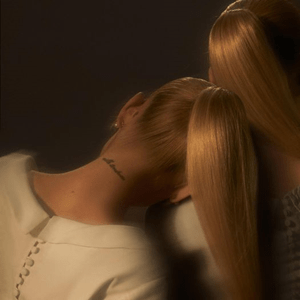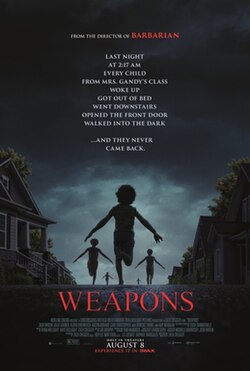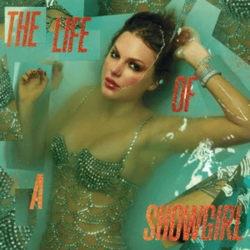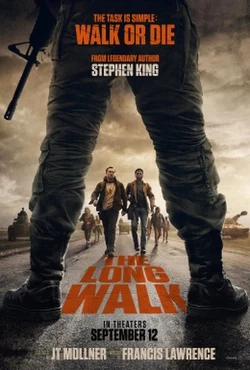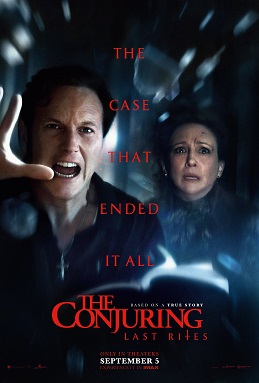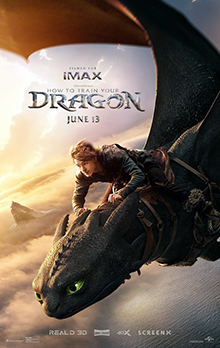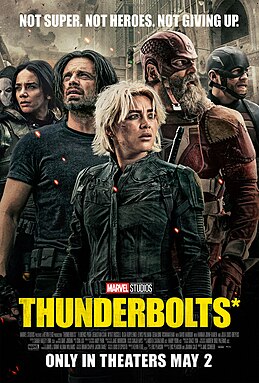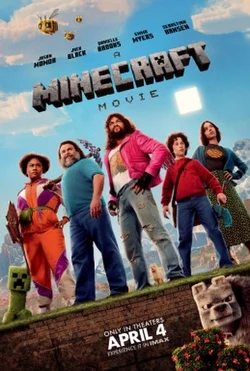“KPop Demon Hunters” arrived on Netflix on June 20, 2025, after a painstaking three-to-four years in production, carrying the kind of hype that usually sets a film up to disappoint. An animated musical featuring a demon-slaying K-pop girl group sounds like a chaotic mashup of internet trends, a formula destined to be all style and no substance.
But here’s the surprise: “KPop Demon Hunters” isn’t overrated. It’s exactly as good as the buzz suggests, and in some moments, even better.
Packed with striking visuals, pulse-pounding music and genuine emotional depth, the film embraces its over-the-top premise and turns it into something electric. It’s bold, expressive and unafraid to take creative risks, and that confidence is what makes it work.
The movie follows a group of talented young women in the band Huntr/x (pronounced Huntrix) who are rising stars in the K-pop world by day, but behind the scenes, they fight demons threatening humanity. Central to their mission is the Honmoon, a powerful and ancient sea that keeps malevolent forces locked away from the human world. However, dark entities seek to break the Honoom to unleash chaos and seize control. Balancing the glitz and glamor of stardom with secret supernatural battles, the film explores themes of friendship, identity, and the pressure to perform at all costs. All of this is wrapped in a dazzling package of music, magic, and intense action sequences.
From the opening frame, the film immerses its audience in a hyper-stylized, neon-lit world that feels larger than life. Fight scenes are choreographed like pop concerts. Stage performances explode with movement, color and energy. Every sequence feels handcrafted to dazzle. It’s not just flashy, it’s purposeful. The animation supports the storytelling, elevating each moment of tension, triumph and transformation. This isn’t background entertainment. It demands to be watched — and more than once.
Musically, “KPop Demon Hunters” exceeds expectations. The soundtrack doesn’t just accompany the plot — it drives it. Every track is sharp, addictive and emotionally tuned to the story’s beats. From high-powered group anthems to softer character-driven ballads, the music never feels like filler. In fact, it’s going up, up, up in the charts, surpassing records made by real-life K-pop stars. Even for those unfamiliar with the genre, the songs are hard to forget and make a great addition to anybody’s Spotify playlist.
The film’s release has sparked a surge of fan engagement, including the formation of numerous fangirl groups who celebrate the characters and music with online fan art, dance covers and social media challenges. This growing fandom has made “KPop Demon Hunters” more than just a movie; it’s becoming a cultural movement that connects viewers across different ages and backgrounds.
While the concept may seem targeted toward younger audiences — flashy pop idols, anime-style action, and social media buzz — the film’s appeal has proven to be far broader. Viewers of all ages are embracing “KPop Demon Hunters” not just as a fun distraction, but as a thoughtfully crafted piece of pop art.
The themes of identity, inner strength, and the pressures of performance resonate well beyond high school hallways. What could’ve been dismissed as Gen Z fluff has revealed itself to be a film with cross-generational charm and emotional depth.
Considering its massive success, there’s one question that keeps coming up: why wasn’t “KPop Demon Hunters” released in theaters?
With its high-energy musical numbers, stunning visuals, and audience-participation potential, the film practically begs to be experienced on a big screen. The limited theatrical sing-along event held on August 23 and 24, 2025, grossed 19.2 million from over 1,700 theaters across the U.S. and Canada, marking a first for Netflix. Concurrently, on August 23, 2025, Netflix released the sing-along version on its platform. Even for those unfamiliar with the genre, the songs are hard to forget, and harder not to move to.
The event featured on-screen lyrics for audience participation, exclusive merchandise, photo ops, themed snacks, and live hosts at select movie parties in major cities. Some locations even hosted drag performances and afterparties, such as Atlanta’s Honmoon Ball.
Netflix’s decision to skip a full theatrical release may now seem short-sighted. What started as a niche animated feature has become a global phenomenon. The streaming platform may be enjoying the record-breaking numbers, but one can’t help but wonder how much bigger this could’ve been at the box office.
With its explosive success, talks of a sequel are already underway, sparking excitement across the fandom. Both Netflix and Sony have officially given the green light for the follow-up, with a predicted release window between 2027 and 2028. For the sequel to fully realize its potential, collaboration between Netflix and Sony is essential, a partnership that industry insiders say is highly likely given the film’s massive impact. Meanwhile, fans and critics alike are gearing up with high expectations, anticipating more dazzling music, intense action, and closure in what promises to be another unforgettable installment.
In a time when animated films often play it safe, “KPop Demon Hunters” stands out by refusing to follow the rules. It blends genres with confidence, dares to be theatrical, and manages to be both wildly entertaining and emotionally honest.
So is it overrated? Not even close. This is a rare film that lives up to the hype.

